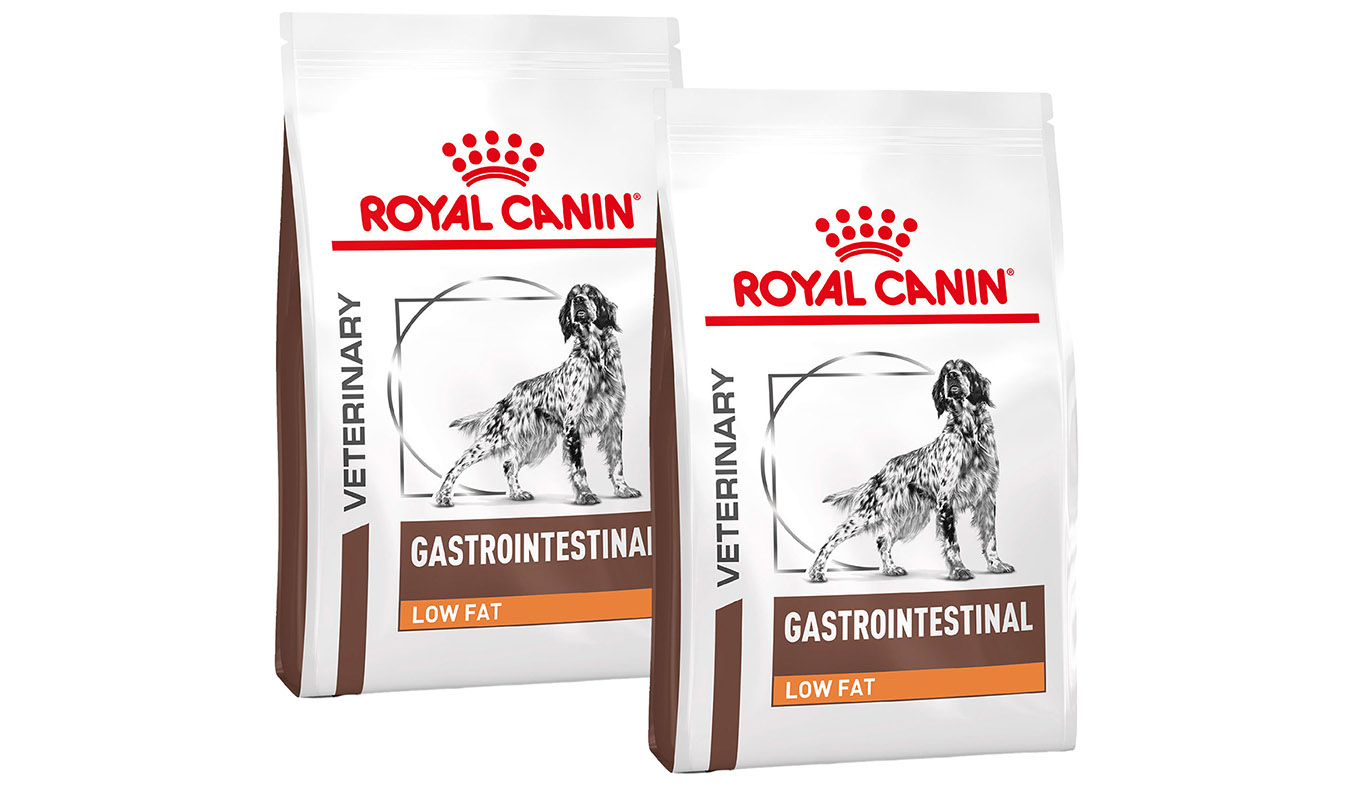It’s important to address common concerns among pet owners, and one of the most frequent inquiries pertains to upset stomachs in dogs. Recognizing the symptoms and knowing how to provide relief at home can make a significant difference in your furry friend’s comfort. We’ll explore the signs of an upset stomach in dogs and discuss several effective home remedies to alleviate their discomfort.
Signs of an upset stomach in dogs can manifest in various ways, each indicating potential discomfort or distress.
Here’s a detailed overview of these symptoms:
- Vomiting: One of the most obvious signs of an upset stomach is vomiting. Dogs may regurgitate food or bile, sometimes accompanied by retching or heaving motions. The vomit may contain undigested food, partially digested material, or foamy mucus.
- Diarrhea: Changes in stool consistency, frequency, and urgency are common indicators of gastrointestinal upset. Diarrhea in dogs can range from loose stools to watery bowel movements, often with an increased need to defecate and potential accidents indoors.
- Loss of Appetite: Dogs with upset stomachs may show a decreased interest in food or refuse to eat altogether. This loss of appetite can be concerning, especially if it persists for more than a day or two.
- Lethargy: A noticeable decrease in energy levels and activity can accompany gastrointestinal discomfort. Lethargic behavior may include excessive sleeping, reluctance to move, or reduced enthusiasm for play and exercise.
- Excessive Drooling: Dogs may drool excessively when experiencing nausea or discomfort in their stomachs. This drooling may be accompanied by lip licking, swallowing, or other signs of unease.
- Abdominal Pain: Dogs may exhibit signs of abdominal discomfort, such as whimpering, whining, or restlessness. They may adopt a hunched posture, guard their abdomen, or resist being touched or picked up in that area.
When observing these symptoms in your dog, it’s crucial to pay close attention to their overall behavior and well-being. Monitoring their condition closely and noting any changes can help you provide timely care and seek veterinary assistance if necessary. If your dog exhibits any of these signs, it’s essential to consult with a veterinarian to determine the underlying cause and appropriate treatment plan. Early intervention can help alleviate your dog’s discomfort and prevent further complications.
Home Remedies for Upset Stomachs in Dogs:
Fortunately, several home remedies can help ease your dog’s discomfort and promote gastrointestinal health. Here are three beneficial approaches:
Probiotic Supplements: Supporting Your Dog’s Digestive Health and Well-being

Probiotic supplements are like tiny heroes for your dog’s digestive system, swooping in to restore balance and harmony among the bustling microorganisms in their gut. Let’s take a closer look at how these tiny powerhouses can make a big difference in your furry friend’s well-being:
Imagine your dog’s gut as a bustling metropolis, teeming with a diverse population of bacteria, both good and bad. When the delicate balance of this microbial community is disrupted, it can throw your dog’s digestive system into chaos, leading to unpleasant symptoms like diarrhea, gas, or bloating.
But fear not, because probiotics are here to save the day! These beneficial bacteria work tirelessly to replenish and fortify the ranks of good microbes in your dog’s gut, restoring order and promoting digestive harmony. By crowding out harmful bacteria and bolstering the intestinal barrier, probiotics help create an environment where your dog’s tummy can thrive.
The beauty of probiotic supplements lies in their versatility. Whether your dog prefers powders, capsules, or tasty treats, there’s a probiotic option to suit every palate. Simply sprinkle a bit of powder over their food, tuck a capsule into a tasty treat, or offer a delicious probiotic chew – it’s as easy as that to incorporate these gut-friendly goodies into your dog’s daily routine.
But why stop there? Probiotics aren’t just about keeping your dog’s tummy happy – they’re also essential for promoting overall well-being. A healthy gut is the cornerstone of a strong immune system, and by supporting digestive health, probiotics help ensure that your dog’s body can effectively fight off illness and stay in tip-top shape.
So, the next time your dog’s tummy starts grumbling or they’re feeling a bit off, consider reaching for a probiotic supplement. With their ability to restore balance and promote digestive harmony, these tiny superheroes are sure to keep your furry friend feeling their best – one happy tummy at a time.
Hydration Boost: Keeping Your Dog Refreshed and Comfortable
Hydration is key to keeping your dog’s digestive system running smoothly, particularly during times of tummy troubles. Let’s dive into some specific strategies to ensure your furry companion stays hydrated and comfortable:
Picture this: your dog, romping through the backyard or lounging in their favorite spot, with a big smile and a wagging tail. Now, imagine them feeling a bit under the weather, with a queasy stomach and a reluctance to drink. That’s where hydration steps in as the unsung hero of digestive health.
When your dog’s stomach is upset, whether it’s from eating something they shouldn’t have or just feeling a bit off, dehydration can quickly become a concern. Without an adequate intake of fluids, symptoms like diarrhea and vomiting can worsen, leading to further discomfort and potential complications.
So, how can you ensure your dog gets the hydration they need to feel better? Start by making fresh, clean water readily available throughout the day. Whether it’s a bowl in the kitchen, a dish in the backyard, or a portable bottle on walks, having water within easy reach encourages your dog to take regular sips and stay hydrated.
But what if your dog turns up their nose at plain old water? That’s where a little creativity can come in handy. Consider offering diluted chicken or beef broth as a tasty alternative to plain water. Not only does broth add flavor and appeal, but it also provides essential electrolytes and nutrients to help replenish your dog’s body and support their recovery.
To make broth, simply simmer chicken or beef bones in water for several hours, then strain the liquid and allow it to cool before serving. Alternatively, you can purchase commercially available broth or stock, just be sure to choose options without added salt or seasoning.
Whether your dog prefers a refreshing drink of water or a flavorful sip of broth, the key is to encourage them to hydrate regularly. By keeping their fluid intake up, you’ll help soothe their stomach, alleviate symptoms, and support their overall well-being.
So, the next time your dog’s tummy feels a bit off, reach for the water bowl and offer a sip of broth. With a little hydration boost, your furry friend will be back to their happy, hydrated self in no time.
Gentle Nourishment: The Healing Power of a Bland Diet for Your Dog

When your dog’s tummy is feeling topsy-turvy, a bland diet can be just the ticket to soothing their stomach woes and getting them back on track. Let’s explore how you can nourish your furry friend with gentle, easy-to-digest foods:
Imagine your dog, curled up in their favorite spot, looking a bit droopy and out of sorts. Maybe they’ve had one too many treats or sampled something from the garbage that didn’t agree with them. Whatever the cause, a bland diet can work wonders in calming their upset stomach and giving their digestive system a much-needed break.
So, what exactly constitutes a bland diet for your dog? Think of it as a menu of soothing, gentle foods that won’t further irritate their delicate stomach. Boiled chicken, rice, and sweet potatoes are all excellent choices, providing essential nutrients without overwhelming their digestive system.
Start by boiling boneless, skinless chicken breast or thighs until fully cooked and easily shredded. Avoid adding any seasonings or oils – simplicity is key when it comes to a bland diet. Next, cook up a batch of plain white rice, which acts as a gentle source of carbohydrates to settle your dog’s stomach.
For an extra nutritional boost, consider adding cooked sweet potatoes to the mix. These tasty tubers are rich in vitamins, minerals, and fiber, providing a nourishing addition to your dog’s bland diet. Simply peel, chop, and steam or boil the sweet potatoes until soft and mashable.
Once you have your ingredients prepared, mix them together in a ratio of approximately 1 part chicken to 2 parts rice, with a small portion of sweet potatoes mixed in. Serve this gentle concoction to your dog in small, frequent meals throughout the day, allowing their stomach to adjust gradually.
As your dog’s stomach begins to settle and their symptoms improve, you can gradually reintroduce their regular diet. Start by mixing small amounts of their usual food with the bland diet, gradually increasing the proportion of regular food over several days until they’re back to their normal diet.
A bland diet can be a gentle yet effective way to soothe your dog’s upset stomach and promote healing. By opting for easily digestible foods like boiled chicken, rice, and sweet potatoes, you can provide essential nourishment without exacerbating their digestive upset. With a little TLC and a lot of bland goodness, your furry friend will be feeling better in no time.
Dealing with an upset stomach in your dog can be distressing, but with the right approach, you can help alleviate their discomfort and promote recovery. By recognizing the signs of digestive issues and implementing simple home remedies such as probiotic supplements, increased hydration, and a bland diet, you can support your dog’s gastrointestinal health and well-being. However, always consult with your veterinarian for guidance tailored to your dog’s specific needs. With proper care and attention, your furry companion will be back to their happy, healthy self in no time.



